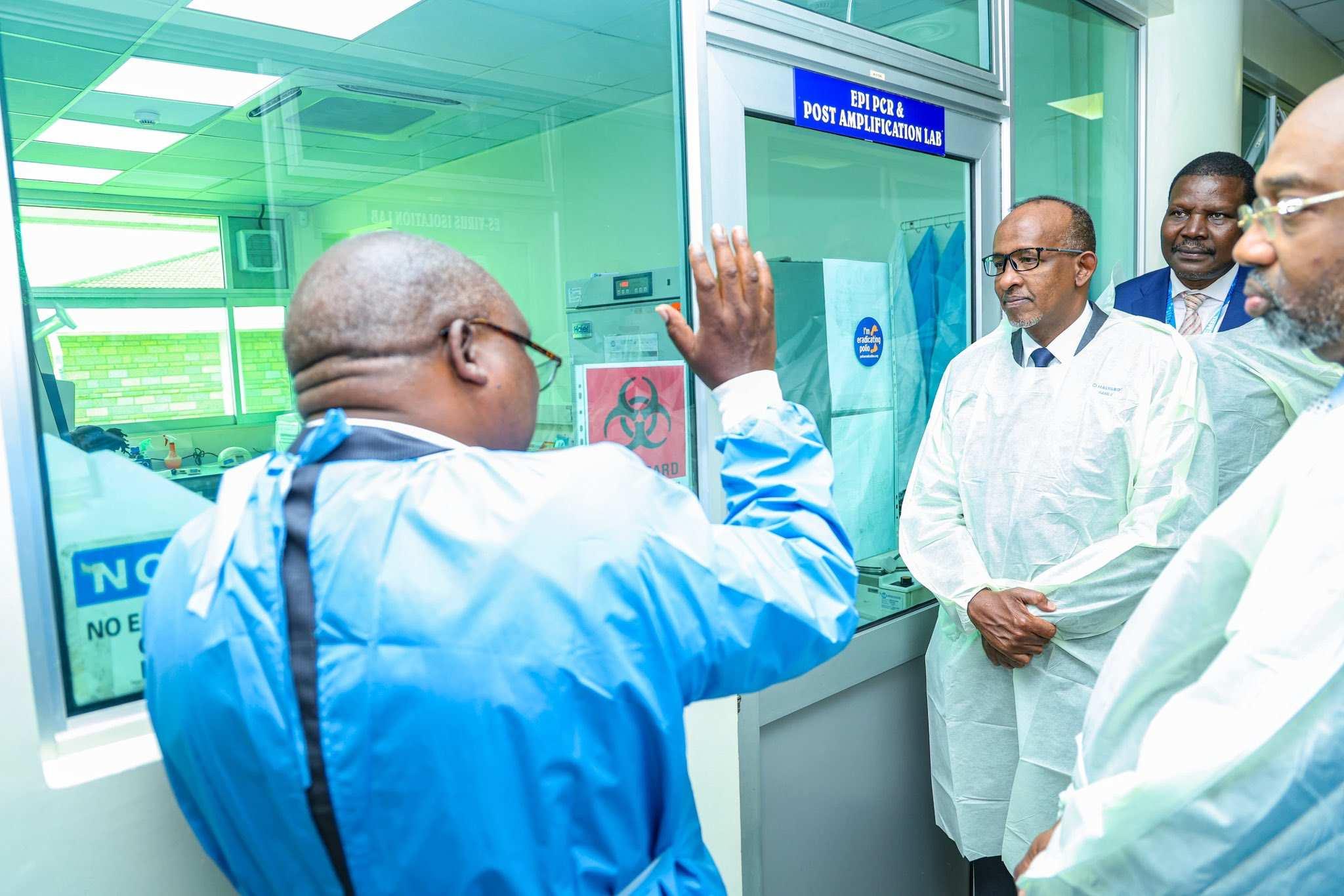
Kenya has launched a new polio laboratory at the Kenya Medical Research Institute’s Centre for Virus Research. The facility, established with support from the World Health Organisation (WHO), is designed to strengthen virus diagnostics and genomic surveillance, allowing faster detection of outbreaks within Kenya and neighboring countries such as Somalia, Djibouti, Eritrea, and Comoros.
Health Cabinet Secretary Aden Duale officially opened the facility, calling it a major milestone in improving Kenya’s health security and aligning with international health regulations. The lab will function as both a national and inter-country reference center, offering critical support for polio diagnostics and surveillance across the region.
The project has been made possible through collaboration between the WHO, the Gates Foundation, eHealth Africa, Kenya’s Ministry of Health, and other development partners. Dr. Abdourahmane Diallo, WHO’s Representative in Kenya, emphasized its importance, noting that the laboratory enhances surveillance not only for polio but also for other vaccine-preventable diseases such as measles and rubella.
“This laboratory is a cornerstone for protecting children from the devastating effects of polio,” Diallo said. “It strengthens our ability to detect outbreaks early and respond effectively.”
The Ministry of Health added that although the lab’s foundation is rooted in polio eradication, it is already expanding its capacity. The facility has begun sequencing other pathogens, including Mpox, measles, rubella, and enteric viruses, making it a multipathogen genomic platform that improves preparedness against emerging health threats.
The lab is expected to play a vital role in cross-border surveillance in the Horn of Africa, a region considered highly vulnerable to poliovirus spread. Its opening also ties into the Global Polio Eradication Initiative (GPEI), which in 2024 trained more than 800 health professionals across Africa in outbreak response, GIS mapping, and laboratory practices.
Kenya’s polio vaccination campaigns remain ongoing, targeting children in hard-to-reach nomadic, peri-urban, and border communities. The most recent round vaccinated nearly one million children. Officials highlighted that Kenya has not reported any cases of circulating variant poliovirus type 2 (cVDPV2) in the last 15 months. They stressed that stronger laboratory capacity will help sustain this progress and ensure quick detection and response if new cases emerge.
The inauguration was attended by senior officials including Acting KEMRI Director General Dr. Elijah Songok, KEMRI Board Chair Dr. Abdullahi Ali, PS Dr. Ouma Oluga, Health DG Dr. Patrick Amoth, and WHO Representative Dr. Diallo, alongside other key partners.
Health
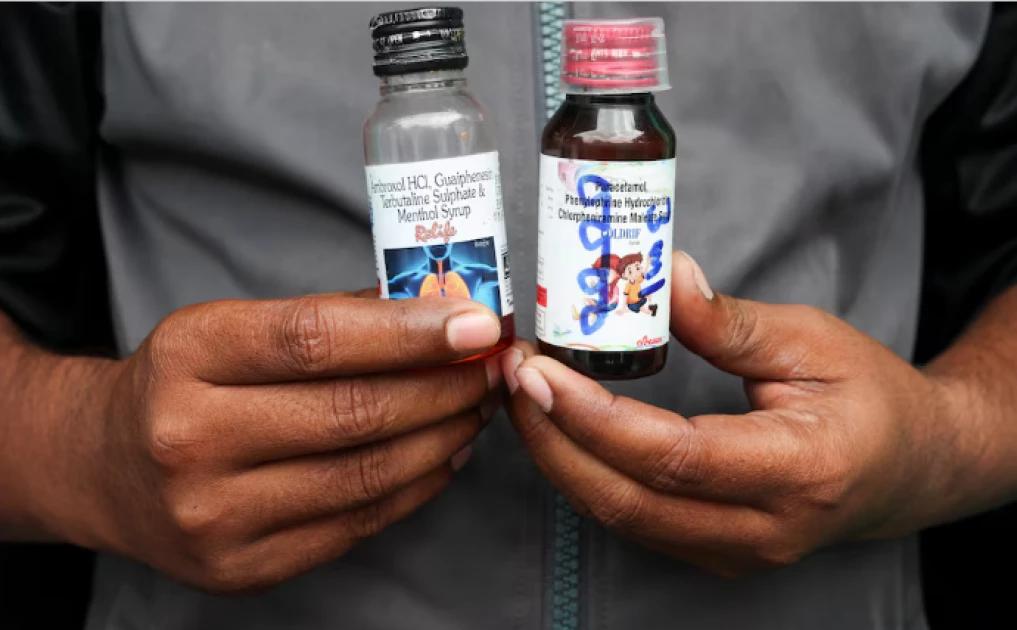
WHO Issues Alert Over Contaminated Cough Syrups From India
The World Health Organization (WHO) has warned about contaminated cough syrups in India after reports linked them to the deaths of several children in Madhya Pradesh’s Chhindwara district.
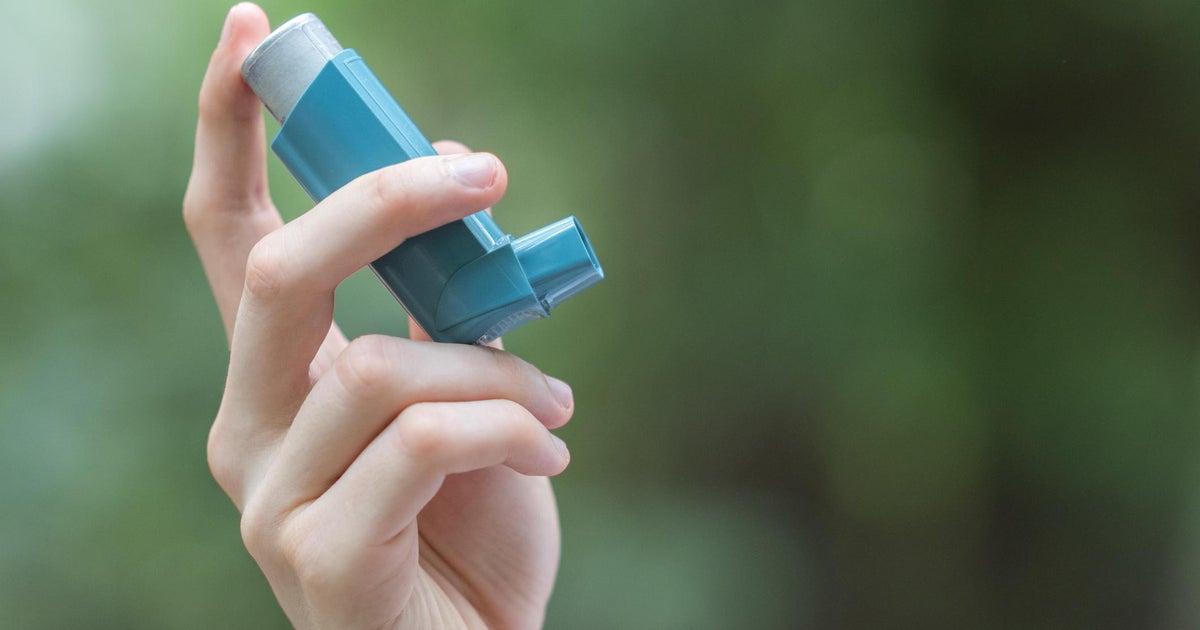
Inhalers Found to Emit as Much Carbon as 500,000 Cars a Year
Inhalers used to treat asthma and chronic lung diseases are responsible for a surprising amount of greenhouse gas emissions, new research shows.
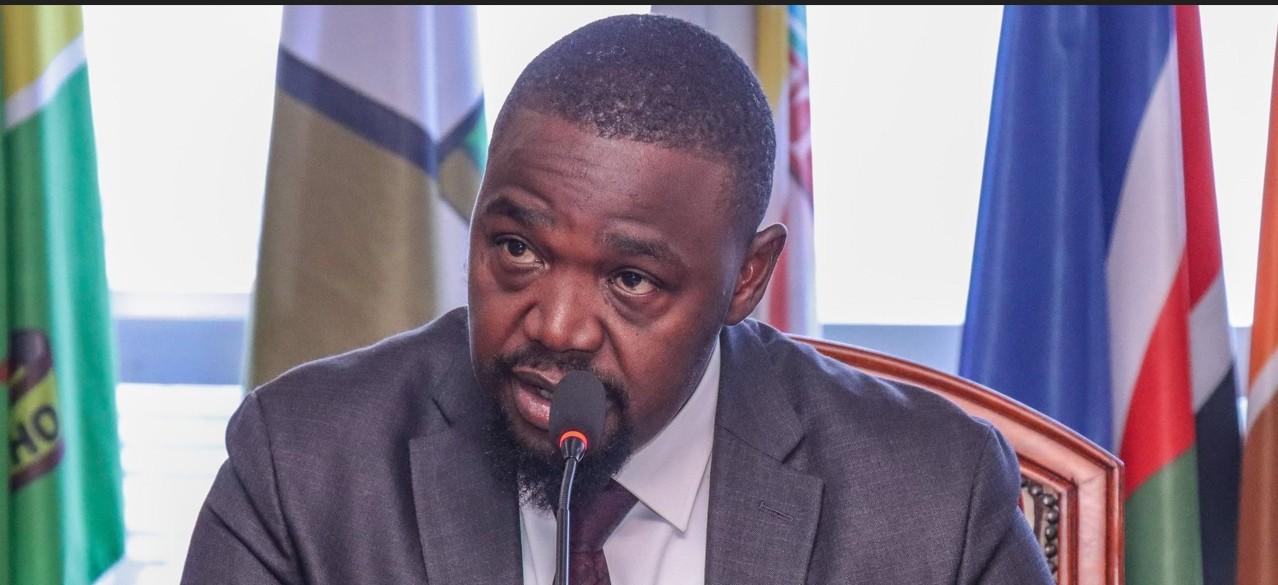
KMPDU Urges Ruto to Dissolve Kiambu Gov’t After 131 Deaths
The Kenya Medical Practitioners, Pharmacists and Dentists Union (KMPDU) has called on President William Ruto to dissolve the Kiambu County government following the reported deaths of 131 newborns during an ongoing doctors’ strike.
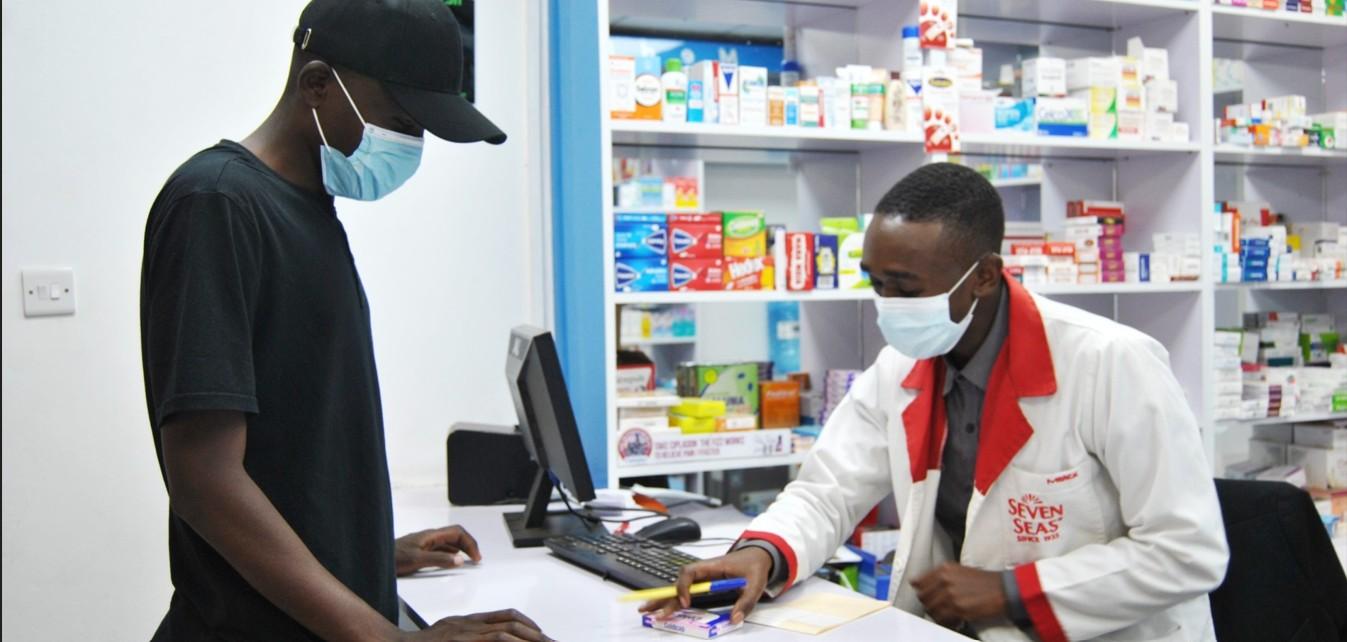
Pharmacy Board Refutes Medicine Import Ban Claims in Kenya
The Pharmacy and Poisons Board (PPB) has firmly rejected claims that it blocked over 21,000 medical products from entering Kenya, insisting that drug supply across the country remains uninterrupted.
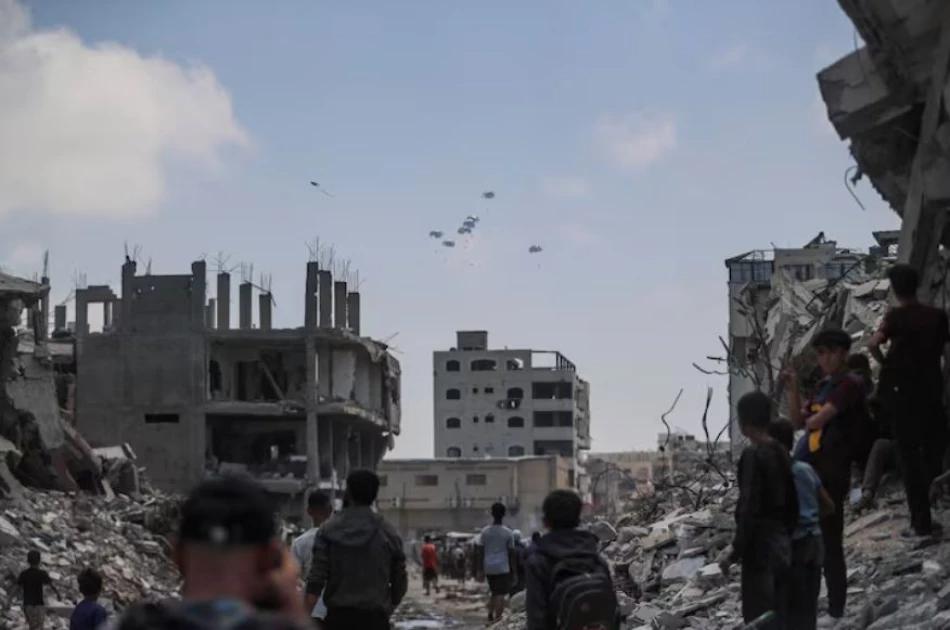
WHO: 42,000 in Gaza Suffer Life-Changing War Injuries
The World Health Organization (WHO) has reported that nearly 42,000 people in Gaza are living with life-changing injuries caused by the ongoing conflict, underscoring the severe human toll of the war.